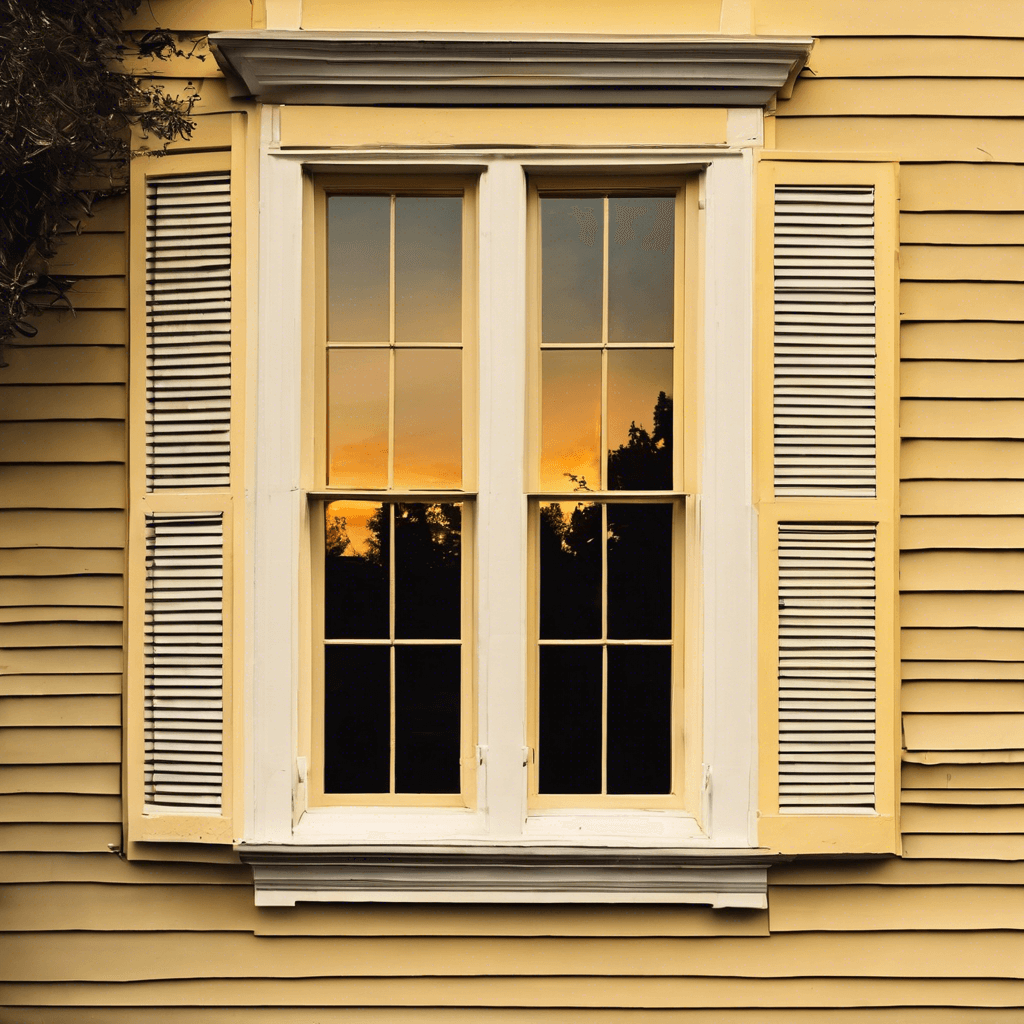5 Reasons Why Window Tinting is a Smart Investment for Your Home

Benefits of Window Tinting for Your Home
When considering home improvements, window tinting might not be the first thing that comes to mind. However, it offers numerous benefits that enhance both comfort and style. From efficiency gains to aesthetic improvements, window tinting is an investment worth exploring for homeowners.
Increased Energy Efficiency
One of the primary advantages of house window tint is its ability to improve energy efficiency. By reflecting the sun’s rays, window tinting helps maintain a consistent temperature inside your home.
- Reduced Cooling Costs: In the summer months, the heat can drive air conditioning costs through the roof. By blocking up to 85% of solar heat, dual reflective residential window film can significantly reduce the reliance on air conditioning.
- Regulated Indoor Climate: Tinting also helps keep your home warmer in winter by minimizing heat loss through your windows. This dual benefit translates to a more comfortable indoor climate year-round.
Imagine lounging in your living room during a hot summer day without the constant hum of the air conditioner. More families are enjoying this comfort thanks to window tinting.
Protection from Harmful UV Rays
Another seldom-discussed benefit is UV protection. Did you know that harmful UV rays can cause skin damage and fade your furnishings?
- Skin Safety: With window tinting, you can block up to 99% of harmful ultraviolet rays. This is particularly useful for homes with large windows or sunlit spaces where family members may spend hours relaxing.
- Furniture Preservation: Fabrics and wood furniture can fade over time due to UV exposure. By installing household window tint, you prolong the life of your decor by preventing fading and degradation.
As you sip your morning coffee in your sun-drenched kitchen, knowing you’re shielded from UV rays offers peace of mind—keeping your family safe while also protecting your investment.
Enhanced Privacy
Not only does window tinting offer energy savings and protection, it also enhances privacy without sacrificing natural light.
- Increased Peace of Mind: With reflective films, you can enjoy unobstructed views to the outside while making it difficult for outsiders to see in—ideal for ground-floor rooms.
- Varieties Available: Depending on your preference, you can choose from various mirror tint options that balance privacy with light entry.
Imagine the freedom of enjoying family time without worrying about nosy neighbors peering in!
Improved Aesthetic Appeal
Lastly, window tinting can vastly improve the visual appeal of your home.
- Modern Look: A clean, tinted window instantly elevates the look of your property, making it appear polished and sophisticated.
- Curb Appeal: For homeowners considering selling, aesthetically pleasing features like tinted windows can attract potential buyers, making your home stand out in a crowded market.
Whether it’s a classic home or a contemporary design, investing in residential window tinting near me often results in a striking transformation that grabs attention.
In essence, window tinting encompasses more than just aesthetic enhancement; it elevates energy efficiency, offers UV protection, enhances privacy, and significantly improves the overall look of your home. With such compelling advantages, window tinting is undoubtedly a worthwhile consideration for any homeowner.
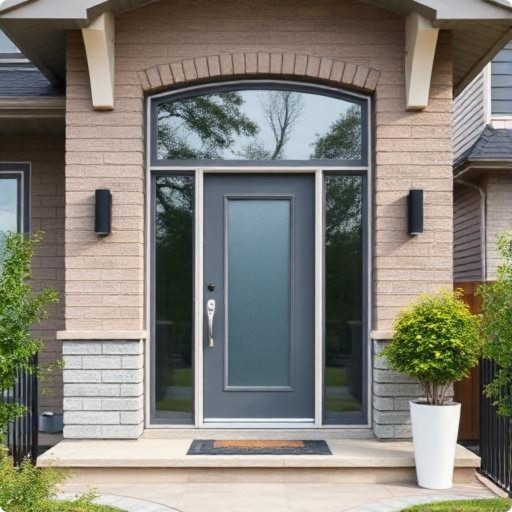
Cost-Effectiveness of Window Tinting
Building on the numerous benefits discussed, window tinting is not just practical—it’s also cost-effective. Many homeowners often wonder about the economic implications of such improvements, and window tinting certainly delivers long-term financial benefits that merit attention.
Long-term Savings on Energy Bills
One of the most significant financial perks of window tinting is the long-term savings it provides on energy bills. By helping to maintain a stable indoor temperature, tinted windows reduce the need for excessive heating and cooling.
- Impact on Energy Consumption: Homeowners can experience a reduction in energy consumption by up to 30% after installing residential window tint. This means lower monthly energy bills that can lead to substantial savings over time.
- Average Savings: For instance, if you typically spend $200 monthly on energy, a 30% savings translates to about $60 each month. That’s $720 saved annually!
As summer heat rises, many homeowners have testified to the relief they feel knowing they can keep their homes cool without breaking the bank. One neighbor shared how he managed to reduce his utility expenses significantly since installing dual reflective residential window film, giving him more breathing room in his budget.
Potential Increase in Property Value
In addition to lowering your monthly bills, window tinting can also enhance the overall value of your property. This is particularly beneficial if you plan to sell your home in the coming years.
- An Attractive Feature for Buyers: Tinted windows are increasingly appealing to prospective buyers. Features like energy efficiency and enhanced aesthetics can become selling points that elevate the property’s desirability.
- Estimated Increase in Value: Studies suggest that homes with energy-efficient upgrades can command up to 10% more in resale value. Just like a fresh coat of paint or a new kitchen, window tinting can make your home shine in the competitive market.
For example, a friend recently put her house on the market and received multiple offers within weeks. She attributes part of her home's quick sale to the modern look of her tinted windows and the increased energy efficiency they provided. Today's buyers are savvy and prefer energy-friendly homes, making window tinting a smart investment.
Overall, the cost-effectiveness of window tinting extends beyond initial installation costs. With tangible long-term savings on energy bills and the potential for increased property value, homeowners can enjoy peace of mind and financial advantages simultaneously. Whether you’re looking to save on utility costs or enhance your home’s market appeal, window tinting proves to be a strategic choice that pays off in more ways than one.
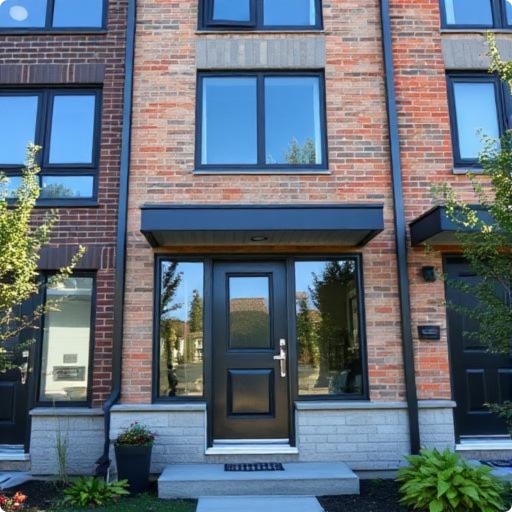
Health Benefits of Window Tinting
Continuing from the financial advantages, window tinting also offers essential health benefits that shouldn’t be overlooked. These improvements contribute not only to comfort but also to the well-being of everyone in your home.
Reduced Glare and Eye Strain
One of the primary health benefits of window tinting is the significant reduction in glare, which can lead to less eye strain and fatigue.
- Elimination of Harsh Sunlight: Exposure to overwhelming sunlight can cause abrupt interruptions when you’re trying to read, watch television, or work from home. Tinted windows filter excess sunlight, creating a more pleasant indoor environment.
- Improved Comfort: With reduced glare, family members are less likely to experience discomfort, making it easier to enjoy daily activities.
For example, a friend who works from home often struggled with glare hitting her screen, making her workday tedious. After applying a quality house window tint, she noticed an immediate improvement in her productivity and overall comfort, allowing her to focus better without squinting. People often underestimate how much irritation glare can cause, but with tinted windows, that common nuisance becomes a thing of the past.
Minimized Skin Damage
Another significant health benefit of window tinting is its ability to protect your skin from harmful UV rays.
- Skin Protection: UV exposure is not only limited to outdoor activities; it can penetrate glass and still reach the skin. Window tinting can block up to 99% of harmful UV rays, which is particularly crucial for families with children or anyone concerned about skin health.
- Long-term Skin Health: By limiting UV exposure, homeowners can reduce the risk of skin conditions, including premature aging and even skin cancer.
Do you recall the sunburn you got sitting near a window during a long road trip? That same principle applies to the comfort of your home. Just like wearing sunscreen, using household window tint creates a protective barrier. A neighbor who frequently enjoys reading by her bright, sunlit window now feels secure knowing her skin is shielded. She has often shared stories of her friends with sun damage, highlighting the benefits of taking preventive measures with window tint.
In conclusion, window tinting isn’t just an aesthetic upgrade; it provides substantial health benefits that can enhance the quality of life at home. By reducing glare and eye strain, along with protecting against skin damage, homeowners can create a healthier living environment. With so much to gain, considering window tinting for health benefits alongside energy efficiency and aesthetic appeal is undoubtedly worthwhile for any household.
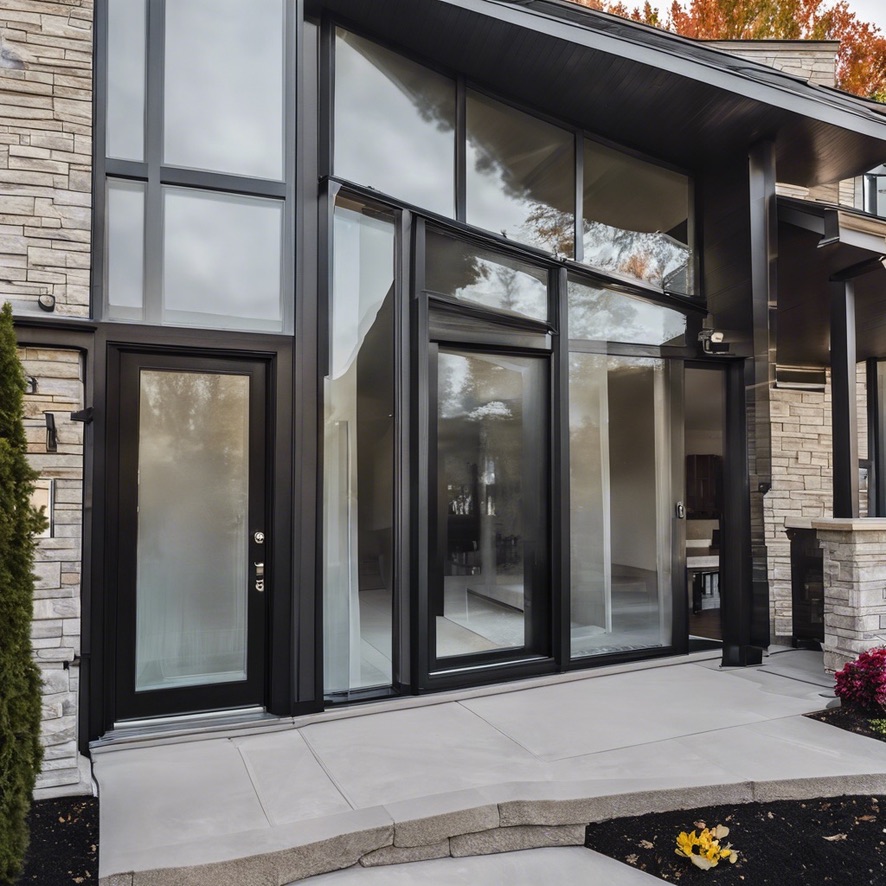
Environmental Impact of Window Tinting
As we continue exploring the benefits of window tinting, the conversation would be incomplete without discussing its positive environmental impact. By making responsible choices, homeowners can contribute to sustainability efforts and significantly reduce their carbon footprint.
Contribution to Sustainability
One of the most compelling reasons to consider window tinting is its contribution to sustainability. When homeowners install window tint, they are effectively committing to a more eco-friendly lifestyle.
- Energy Conservation: By enhancing energy efficiency, window tinting reduces the amount of energy required for heating and cooling. As we’ve previously discussed, tinted windows can lower energy consumption significantly, which means less dependence on fossil fuels.
- Longer Lifespan of HVAC Systems: With less strain on heating and cooling systems, they tend to last longer, which means fewer replacements and less waste generated. This contributes to the overall longevity of appliances, helping homeowners save money and reduce their environmental impact.
For instance, a family in my neighborhood decided to install residential window tint in their home last summer. Not only did they enjoy comfortable indoor temperatures, but they also noticed a decrease in their energy use, boasting sustainable living while inspiring others in the community.
Reduction of Carbon Footprint
Beyond energy savings, window tinting plays a vital role in the reduction of your household's carbon footprint.
- Lower Greenhouse Gas Emissions: The less energy you use for heating and cooling, the fewer greenhouse gases are emitted. Considering how many households are equipped with air conditioning, even a small reduction in energy use adds up on a larger scale.
- Support for Renewable Energy: By being energy-efficient at home, homeowners can complement and even decrease their reliance on non-renewable energy sources. This shift is essential as communities move toward greener energy solutions.
Statistics highlight how collective small actions can lead to significant change in tackling climate change. For example, let’s say a local community collectively installed window tinting across 100 homes. The resultant reduction in energy consumption might correlate to the elimination of hundreds of tons of carbon dioxide emissions annually—an impressive feat!
In conclusion, the environmental impact of window tinting goes beyond mere personal benefits. By choosing to tint their windows, homeowners can contribute positively to sustainability and work toward reducing their carbon footprint. It’s a win-win situation, where individuals can enjoy immediate comforts while simultaneously promoting a healthier environment for future generations. With so much at stake, considering the broader implications of window tinting feels not just beneficial, but essential in this environmentally-conscious era.
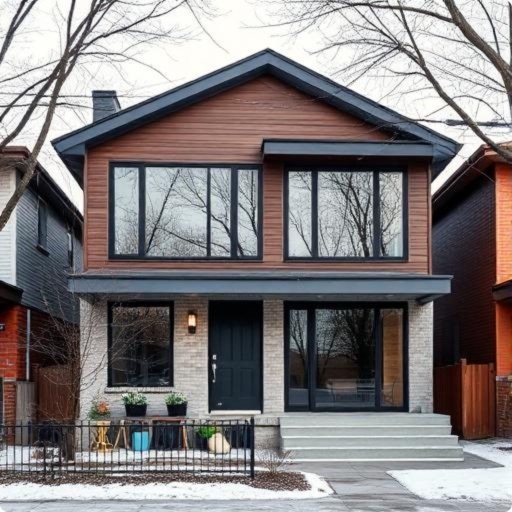
Maintenance and Longevity of Window Tinting
With all the benefits window tinting brings, many homeowners may wonder about the upkeep and lifespan of window film. Understanding how to care for your tinted windows can maximize their efficiency and aesthetic appeal. Let’s delve into proper care and cleaning, as well as the expected longevity of window tint film.
Proper Care and Cleaning
Ensuring that your window tint remains in good condition isn’t complicated, but it does require some attention.
- Gentle Cleaning Supplies: The type of cleaning products you use is crucial. It’s advisable to use a mild soap solution with water, along with a soft microfiber cloth. Avoid using harsh chemicals or abrasive materials that can scratch or damage the film.
- Cleaning Technique: When cleaning your tinted windows, it’s best to wipe in circular motions rather than using a back-and-forth motion. This technique not only prevents streaks but also protects the film from unnecessary wear.
One colleague I know has beautifully maintained her tinted windows for years by sticking to these gentle cleaning methods. She shared that using simple soap solutions instead of chemical-laden products made a noticeable difference, keeping her windows looking pristine.
- Regular Maintenance: It's good practice to clean your tinted windows regularly—ideally every couple of weeks—to prevent dirt and grime buildup. This not only ensures that the windows look great but also helps maintain the effectiveness of the tint.
Expected Lifespan of Window Tint Film
Now, let’s discuss the expected lifespan of window tint film, which is often a key factor influencing homeowners’ decisions.
- Long-Lasting Durability: Quality residential window tinting typically lasts between 10 to 25 years, depending on the type of film used and environmental conditions. Films made from high-quality materials, like multilayered polyester, tend to have a longer lifespan compared to cheaper alternatives.
- Factors Affecting Lifespan:
- Quality of Installation: Proper installation by a professional ensures that the film adheres correctly and lasts longer. Poor installation can lead to peeling or bubbling, which can drastically shorten the lifespan of the tint.
- Climate Conditions: Areas with extreme weather changes may experience wear and tear more quickly.
- Type of Film: Opting for high-performance films can increase longevity and effectiveness.
To illustrate, a customers invested in premium-quality dual reflective residential window film, and he was pleasantly surprised to find it still looking almost new after years! He mentioned that the cost was higher initially, but the return on investment proved worthwhile, as he rarely needed to think about his window tint.
In summary, maintaining and ensuring the longevity of window tinting is relatively straightforward. With proper care, a commitment to regular cleaning, and the quality of the film and installation taken into account, homeowners can enjoy the aesthetic and efficiency benefits of window tinting for many years to come. It's a long-term investment that pays off, both in comfort and style, while also requiring minimal upkeep.
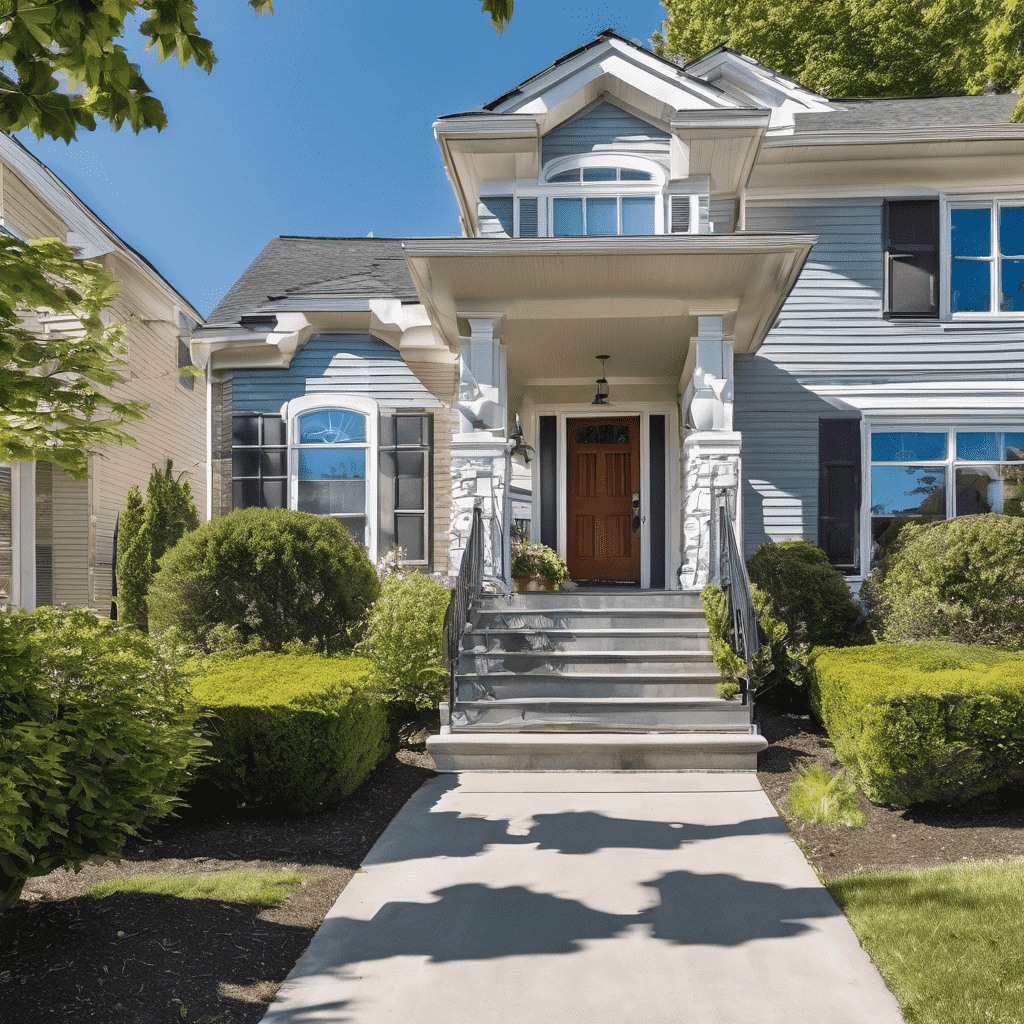
How Window Film Impacts Your Resale Value - Home Edition
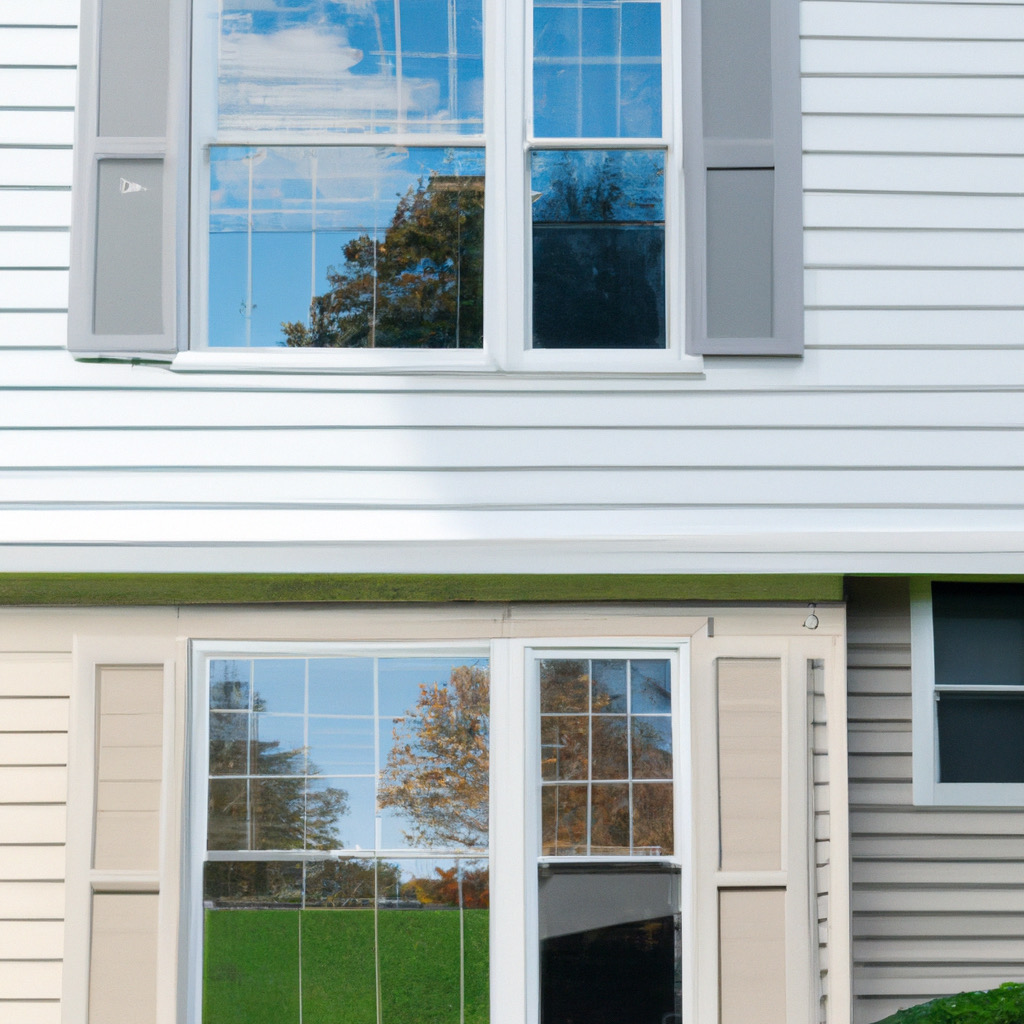
Reflective Silver: The Smart Solution for Privacy and Sun Defense
